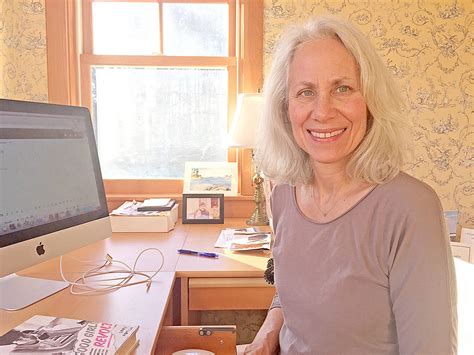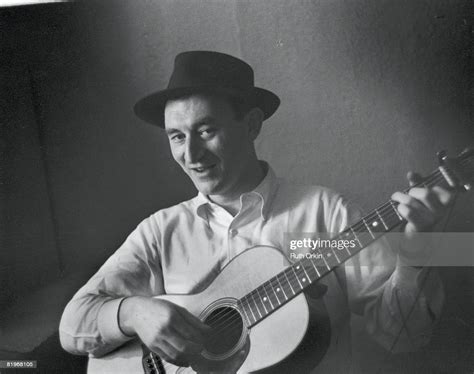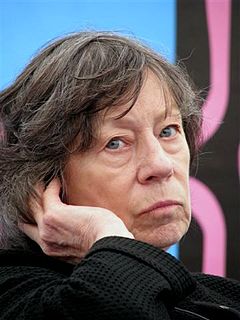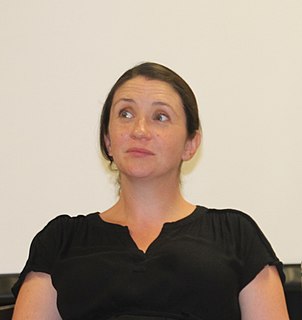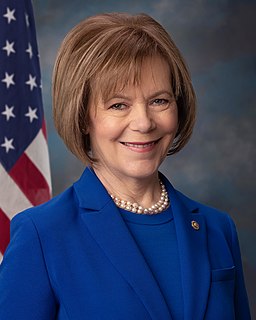Цитата Линн Пович
В начале 1970-х редакторы Newsweek решили, что новое женское освободительное движение заслуживает статьи на обложке. Однако была одна проблема: не было женщин, чтобы написать это произведение.
Связанные цитаты
Но это также и начало другого уровня освобождения для ее] Элеоноры Рузвельт, потому что, когда она возвращается в Нью-Йорк, она очень вовлекается в новый уровень политики. Она знакомится с Эстер Лэйп и Элизабет Рид и принимает активное участие в женском движении, а затем в движении за мир. И по иронии судьбы годы ее величайшего отчаяния становятся также годами ее великого освобождения.
Одним из абсолютно важных изменений является то, что феминистская теория кино сегодня является академическим предметом, который нужно изучать и преподавать. «Визуальное удовольствие и повествовательное кино» было политическим вмешательством, в первую очередь под влиянием Женского освободительного движения и, в моем конкретном случае, исследовательской группы Женского освобождения, в которой мы читали Фрейда и осознали полезность психоаналитической теории для феминистского проекта.
Когда я работал в журнале «Ньюсуик» — что, знаете ли, на самом деле звучит так, будто я прошел в школу четыре мили по снегу, — но я начал работать в журнале «Ньюсуик» в 1963 году, до принятия Закона о гражданских правах 1964 года. на самом деле дискриминация женщин была законной, и «Ньюсуик» это сделал.
Я не думаю, что есть целевая аудитория вообще. Эти истории были в ходу. Истории рассказывали мужчины, мужчины рассказывали на рынке, а за дверью - женщины, но реальных записей об этом нет. Вероятно, женщины рассказывали их детям в своих внутренних комнатах. История может быть негативной, они могут быть представлены как: «Осторожно! Женщины будут обходить вас, делать с вами что-то, вплетать вас в свои труды». В нем могла быть похоронена старая поучительная история о женщинах и их кознях.
Женщины должны понять, что для них не может быть освобождения и выхода из экологического кризиса в обществе, фундаментальной моделью отношений которого по-прежнему является доминирование. Они должны объединить требования женского движения с требованиями экологического движения, чтобы предвидеть радикальное изменение основных социально-экономических отношений и основополагающих ценностей этого [современного индустриального] общества.
Весь год ходили слухи о том, что женское движение мертво, о смерти феминизма и о постфеминистском поколении молодых женщин, которые не отождествляют себя с феминизмом, — а потом у нас самый большой женский марш в Вашингтоне. Больше людей, чем когда-либо, маршировало за что-либо — не только больше женщин, но и больше людей.
Это был 1981 год. Я работал над романом. И я отложил этот роман на следующий день после того, как прочитал газетную статью. В статье говорилось, что 19 женщин все еще получали пенсию, которые были вдовами Конфедерации во время войны. Это были женщины, которые очень рано в своей жизни вышли замуж за очень старых мужчин.
У меня нет страшной истории, которой я могла бы поделиться, как те, что мы слышали от стольких женщин из движения #MeToo... Но когда вы действительно слушаете женщин, вы начинаете понимать миллион маленьких способов, которыми все женщины созданы. меньше и лишены возможности внести свой вклад в жизнь своих сообществ и своей страны.
Когда феминистское движение было в апогее в конце 60-х и начале 70-х годов, многие отошли от идеи человека. Это было так: давайте поговорим об идеях, лежащих в основе работы, и люди имеют меньшее значение. Это была своего рода уловка, но многие женщины-феминистки этим занимались. Многие из нас взяли имена наших предков женского пола — Белл Хукс — моя прабабушка по материнской линии — чтобы почтить их и опровергнуть представление о том, что мы были этими уникальными, исключительными женщинами. Мы хотели сказать, что на самом деле мы были продуктом женщин, которые ушли до нас.
